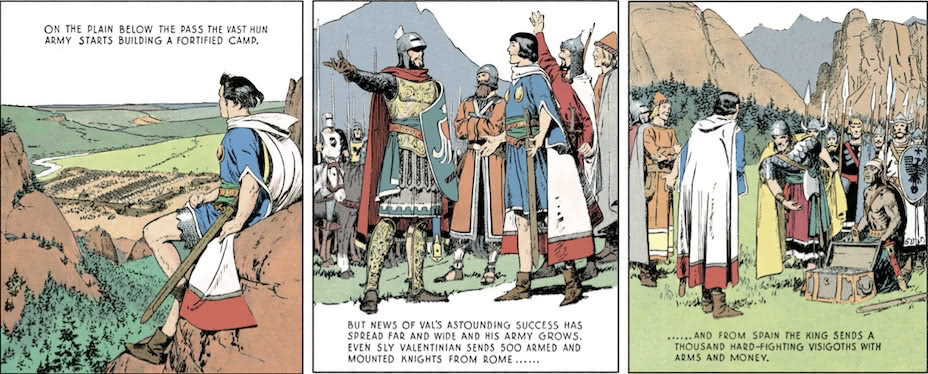What We Know
Published on Dec 24, 2017 (updated Feb 5, 2024), filed under philosophy (feed). (Share this on Mastodon or Bluesky?)
On some days, if you asked me about what we know, with absolute certainty, I’d respond with “only that something exists.” And if you asked me what that meant, then I’d add “to appreciate and work with what exists.”
This seems basal and little. But I don’t see it that way. That something exists is certain; but contrary to how academic philosophy regards this as a tiny foundation to base anything on, I take it as extremely powerful. Something exists. To appreciate and work with what exists, though I’m not sure I wouldn’t later rephrase this, seems likewise powerful to me. What can we do with what exists? What should we do with what exists? I’m not the philosopher yet to develop a conception of freedom out of this, but I recognize the possibility.
Something exists. An immensely unsatisfying non-statement at first, but apart from appearing to be the only thing we can be certain of, it may well be pure magic.
Happy Holidays 🎄
Update (April 7, 2019)
Just as I had learned about Kris McDaniel’s The Fragmentation of Being (lauded by Notre Dame Philosophical Reviews), here, “something exists” is not tied to anything concrete or abstract: ∃xFx ↔ ∃Cx(Fx) ∨ ∃Ax(Fx) is not the question; all that matters, for the purposes of this post, is ∃x.
About Me
I’m Jens (long: Jens Oliver Meiert), and I’m a web developer, manager, and author. I’ve been working as a technical lead and engineering manager for companies you’ve never heard of and companies you use every day, I’m an occasional contributor to web standards (like HTML, CSS, WCAG), and I write and review books for O’Reilly and Frontend Dogma.
I love trying things, not only in web development and engineering management, but also in other areas like philosophy. Here on meiert.com I share some of my experiences and views. (I value you being critical, interpreting charitably, and giving feedback.)

